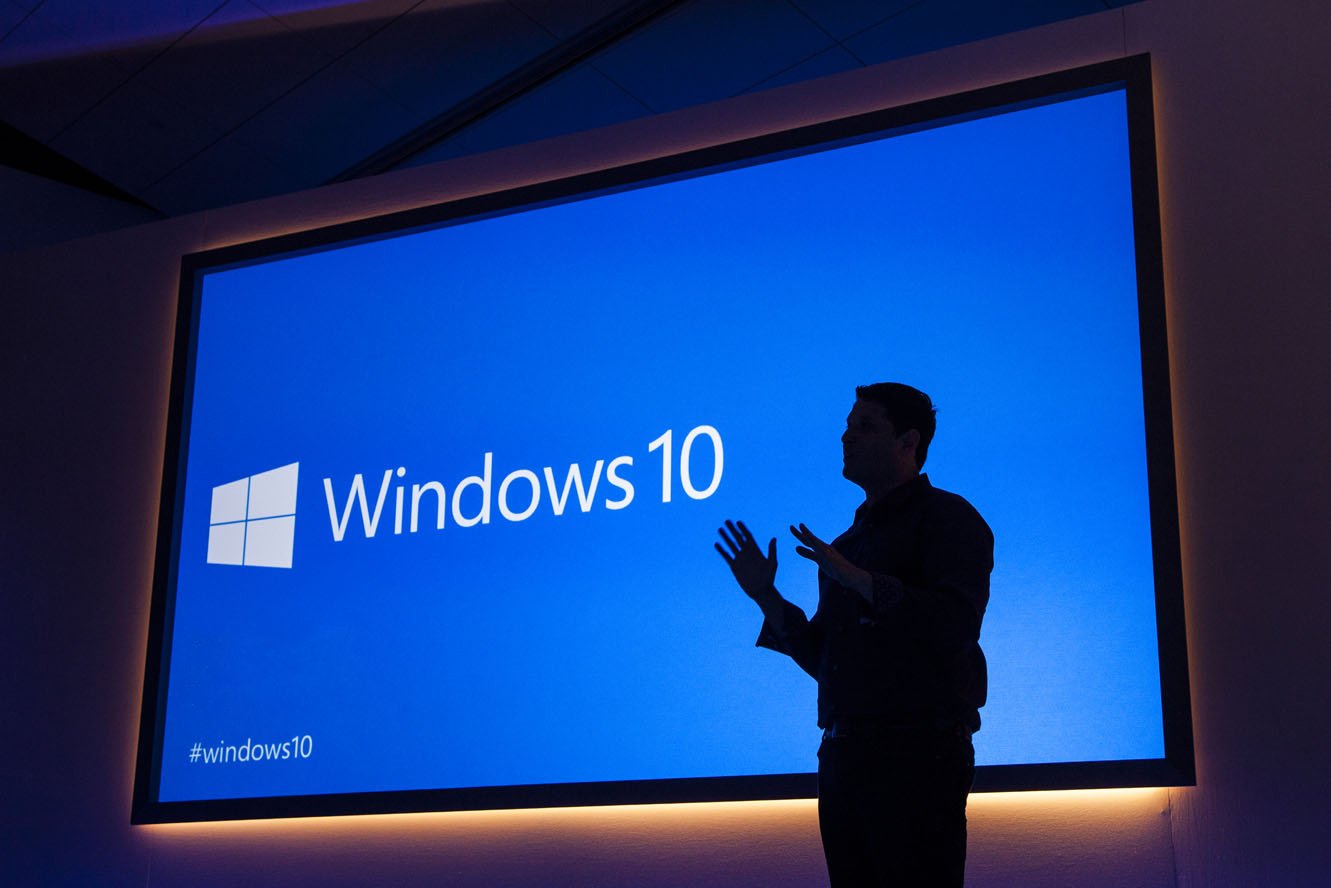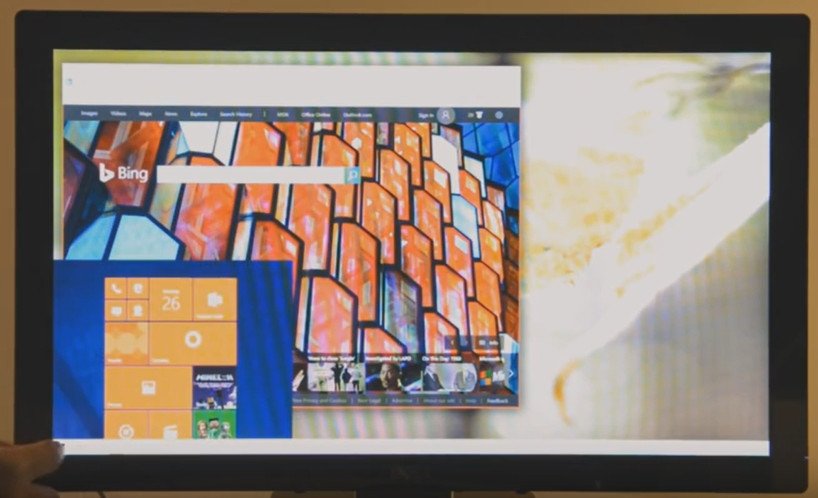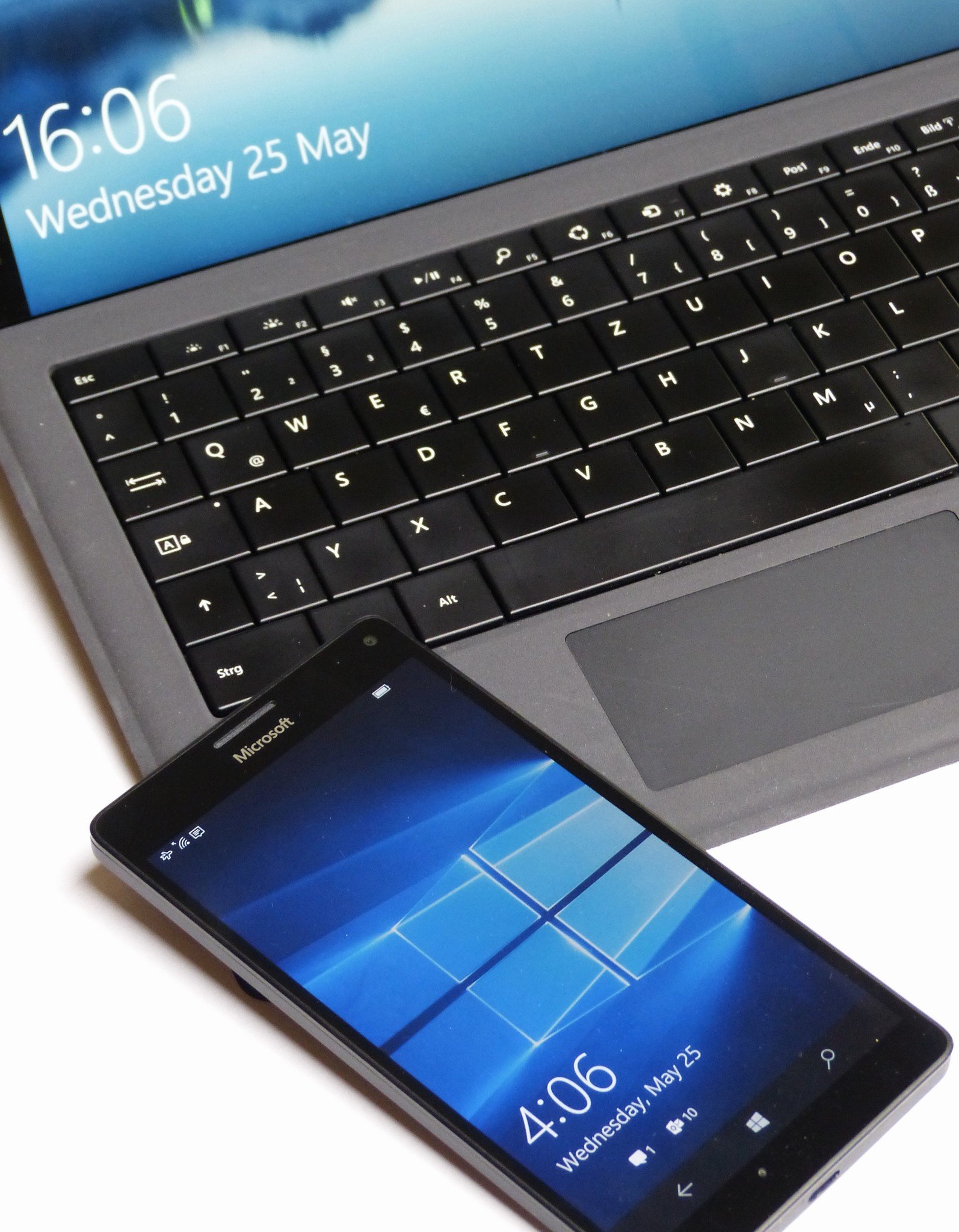CShell is a new universal Windows Shell for Windows 10 that scales across PC, Mobile, and Xbox
Microsoft is about to take the next step with its "One Windows" vision by introducing an improved, adaptable Windows Shell that'll work across PC, Mobile and Xbox.

The Windows Shell is essentially the Windows environment we all know and love. In layman's terms, it gives us access to system elements and objects necessary for running applications, and houses features such as the Taskbar, Start Menu, Desktop and more. Currently, the Windows Shell is different depending on the version of Windows 10 you're using. For example, Mobile is using a different Windows Shell than desktop; but Microsoft is working to change and streamline that.
According to my sources, Microsoft is building an "adaptive shell" into Windows 10 that'll work across PCs and tablets, phones, HoloLens, and even Xbox. As it currently stands, the Windows Shell isn't a true universal element of Windows, unlike the OneCore subsystem and Universal Windows Apps. PCs and tablets share the same shell thanks to Continuum, but Mobile, HoloLens and Xbox have their own individual shells that are updated and maintained separately.
Over the next few Windows 10 releases however, Microsoft will be bringing each of these device categories under one Windows Shell, making for a true universal Windows 10 experience no matter what device you're using. Internally referred to as "Composable Shell" or "CSHELL", this new Windows Shell will be able to scale in real-time between all types of devices, similarly to how Continuum currently works between desktop mode and tablet mode, only this time it'll scale across Xbox and Mobile as well.
For our more techy readers, the Composable Shell is essentially a shell modularized into sub-components. The system can transition between each component if it is required, making for a much more flexible experience on devices like 2-in-1's or something that has multiple form-factors.
We're told that the Composable Shell will begin showing up over the next few major Windows 10 updates, for Mobile, then Desktop, and eventually Xbox too. In fact, Microsoft has already given us a glimpse of this Composable Shell in a demo a few months back detailing improvements upcoming to Continuum on Windows 10 Mobile. In the demo, Microsoft showed off a Continuum environment on phone that was extremely similar to the environment we know and love on actual Windows 10 PCs today. This is essentially the Composable Shell in its infancy.
That demo showed us that Microsoft is enhancing Continuum to go both ways. Windows 10 Mobile can expand into a full desktop environment, and eventually, Windows 10 desktop will be able to do the opposite or scale further for devices like HoloLens and Xbox.

A perfect example of this Composable Shell is with the rumored Surface phone and Windows 10 on ARM. We all want Microsoft to release a phone running some kind of Windows 10 on ARM, but as it currently stands that would be impossible — Windows 10 doesn't have a UI that adapts well to screen sizes of less than 6 inches. With this Composable Shell, that wouldn't be an issue because Windows 10 would be able to switch into "phone-mode", providing an experience one would expect on a Windows 10 Mobile device, except powered by a universal Windows 10.
Get the Windows Central Newsletter
All the latest news, reviews, and guides for Windows and Xbox diehards.
In addition, with the Surface phone also rumored to have a foldable screen, the Composable Shell would simply be able to adapt itself accordingly when folded out. When folded like a phone, Windows 10 will be in phone mode, but when folded out, it'll automatically switch into tablet/desktop mode. A Windows 10 machine in your pocket, with a full Windows desktop environment and phone environment whenever needed; these are the kind of experiences this Composable Shell can enable.

The other benefit of an adaptable shell is that Microsoft will no longer have to maintain and update each individual shell separately. The Composable Shell, being scalable across all kinds of Windows 10 devices, will be the same shell everywhere, meaning Microsoft won't need to worry about updating individual shell environments. Update once, deploy everywhere.
Now although this new shell is universal, that doesn't mean certain devices will be encumbered with features and behaviors they don't need or play well with. Xbox will still be primarily Xbox orientated, Mobile will be primarily Mobile orientated, and Desktop will be primarily Desktop orientated. That's the magic of Continuum and the Composable Shell. It adapts.
And in regards to the name "Composable Shell", why call it composable? Well, I think the definition of composability explains it perfectly. _"A highly composable system provides recombinant components that can be selected and assembled in various combinations to satisfy specific user requirements."
Of course, we're still a few major Windows 10 releases away before this new shell begins showing up across all versions of Windows 10, but assuming these plans don't get canceled, this is a very exciting concept for Windows 10 and one that will enable a whole new market of devices.
Updated: Corrected some information regarding the potential of a "Surface phone."

